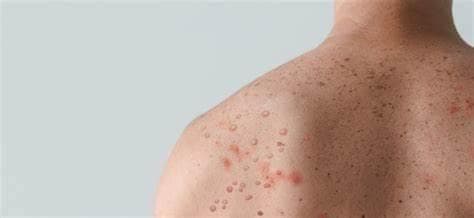Friday 18 April 2025
An International Concern Now: Mpox
Share

Due to the recent outbreaks and impact on global health, mpox or monkeypox has gained attention. This is a rare viral illness which is mostly prevalent in Africa. The first human case was confirmed in the Democratic Republic of the Congo in the year 1970.
Mpox is an infectious disease originating from the mpox virus that is a part of the Ortho poxvirus family. The disease mainly affects rodents and other small mammals, but humans can also get infected by touching the sick animals or items that contain the disease residue.
Since 2022, the virus known as mpox has spread quickly throughout Africa and poses a threat to other continents, prompting the declaration of a global health emergency for the second time.
Due to the discovery of a new mpox variant and the first reports of cases in several nations, including Kenya and Rwanda, the WHO upgraded the disease to a public health emergency of international concern (PHEIC), the highest level of alert.
This year, there have been 524 fatalities and over 14,000 cases in Africa. The WHO data shows that at least 27 laboratory-confirmed cases and one death were reported in India.
Physical touch with an infected person or even contacts with contaminated animals and body fluids are means through which the mpox virus can be transmitted. It is transmitted from one person to another if there is direct contact with infected skin or other lesions such as those in the mouth or genital regions.
Although the symptoms of mpox are generally less severe than smallpox, it may have comparable symptoms at times. Usually, the illness starts with one or more of the following:
Because mpox is generally mild in most cases and is often harbored as a systemic, self-limiting viremic infection, most patients make full recovery in two to three weeks without requiring intricate treatment measures. Further, while in some individuals, it is mild or may not even be noticed at all, it may be severe in others especially the young children, the expectant mothers or people who have weak immunity. Complications can include secondary bacterial infections, respiratory distress, and, in severe cases, death.
Newsletter
Stay up to date with all the latest News that affects you in politics, finance and more.